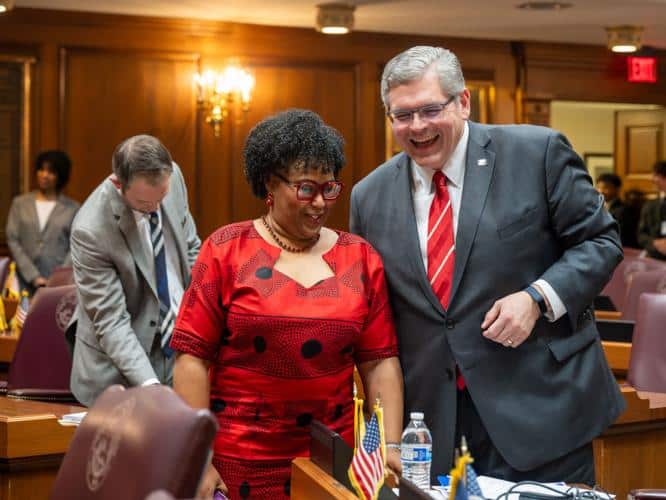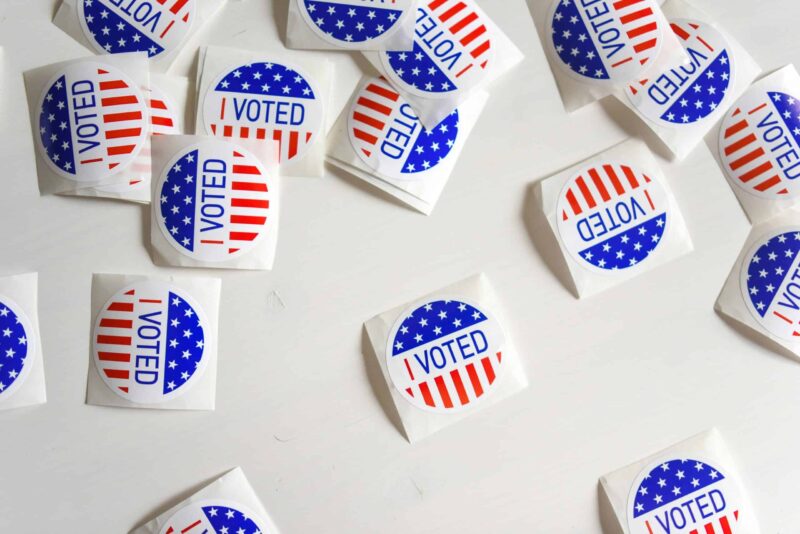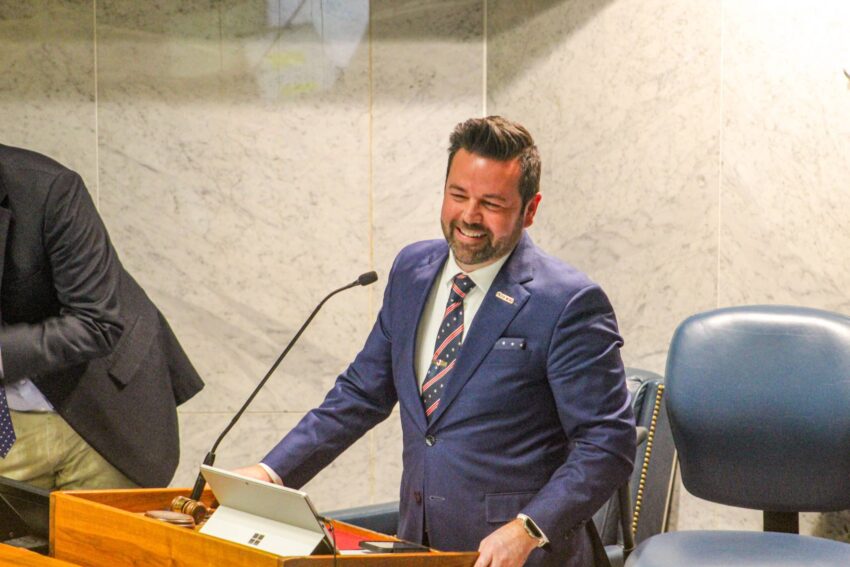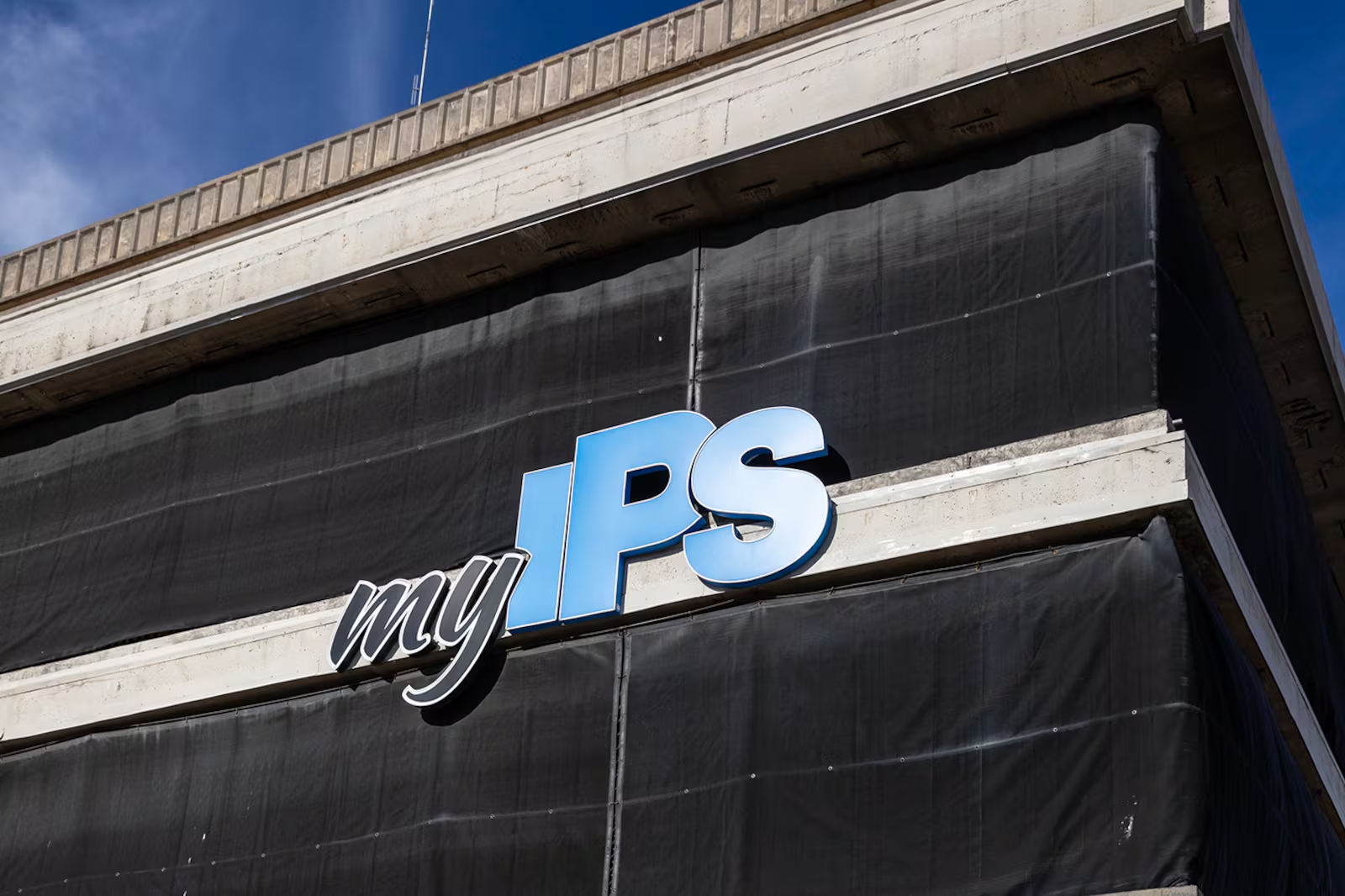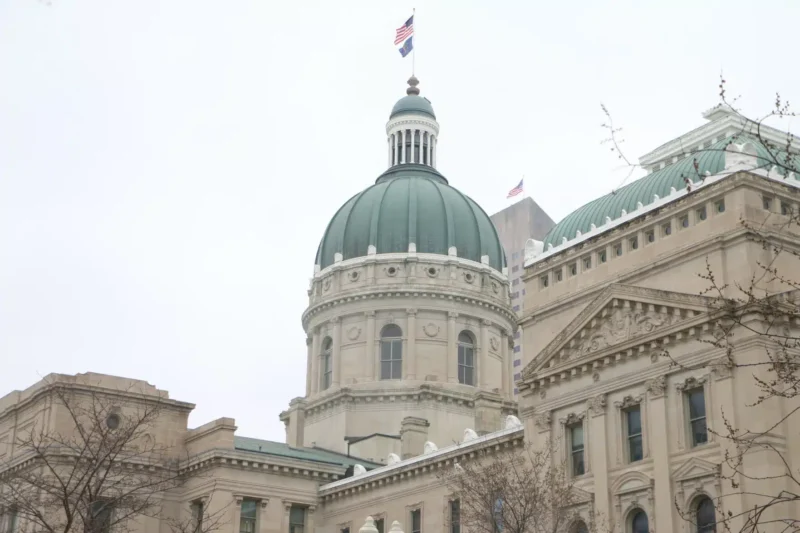Greater even than Abraham Lincoln.
Just recently, Trump raised the stakes in his historic competition with the Great Emancipator.
Trump posted a meme on social media. It featured an artificially generated image from the movie “Apocalypse Now” with his face pasted over that of one of the film’s stars, Robert Duvall.
The text read, “I love the smell of deportations in the morning … Chicago about to find out why it’s called the Department of WAR.”
It showed the Chicago skyline in the background with the words “Chipocalypse Now” emblazoned in large letters, as if they formed a movie title.
Compare that with the way Lincoln addressed this nation as it drifted, ominously, implacably and tragically, toward Civil War.
“I am loath to close,” Lincoln said in the conclusion to his first inaugural address. “We are not enemies, but friends. We must not be enemies. Though passion may have strained it must not break our bonds of affection. The mystic chords of memory, stretching from every battlefield and patriot grave to every living heart and hearthstone all over this broad land, will yet swell the chorus of the Union, when again touched, as surely they will be, by the better angels of our nature.”
Though he fought the war that had been thrust upon him with implacable relentlessness, Lincoln was by nature a conciliator, rather than the provocateur that Trump is.
This can be seen even in the way the two men use humor.
Lincoln didn’t just tolerate the jokes, japes and gibes directed at him. At times, he encouraged them. He knew the power self-deprecation had to defuse tense situations and to put people at ease in his presidential presence.
He was secure enough in himself to allow people to make fun of him without taking offense.
Trump weaponizes humor. All his jokes are at someone else’s expense. Most of them are designed to demean or degrade someone else.
They are the jokes of a small man who thinks he makes himself look bigger by cutting down other people.
Unlike Trump, Lincoln never resorted to hyperbole or issued boastful threats when it came to the idea of war with one’s fellow citizens. If he joked about the savage conflict that is still the deadliest in American history, it was always ruefully or with regret, as in the time that he commuted a Union deserter’s death sentence because he thought forcing the poor fellow to face a firing squad would frighten the terrified soldier too much.
This refusal to chest thump sprang from a realization that eludes Trump and his followers.
Lincoln understood that conflicts between fellow citizens—friends, neighbors and, in many cases, family members—were occasions for grief, not opportunities to celebrate.
He knew that the conflicts that divided Americans were the stuff of tragedy, not reason for triumphal marches.
That sense that strife between fellow Americans should be a source of sorrow rather than an occasion to gloat animated all of Lincoln’s noted utterances, right up to the second inaugural address he delivered as this nation’s great conflict was coming to an end.
“With malice toward none, with charity for all, with firmness in the right as God gives us to see the right, let us strive on to finish the work we are in, to bind up the nation’s wounds, to care for him who shall have borne the battle and for his widow and his orphan, to do all which may achieve and cherish a just and lasting peace among ourselves and with all nations,” the president who saved the Union said just days before he was murdered.
With his social media meme, Donald Trump crowed about declaring war on the largest city in the state of Illinois, otherwise known as the land of Lincoln. He thought that was funny.
And Republicans—members of what once was known as the party of Lincoln—uttered not a peep in response.
It was a moment that showed how far the GOP has wandered from its roots and abandoned its core principles.
The symbolism here is powerful.
And tragic.


